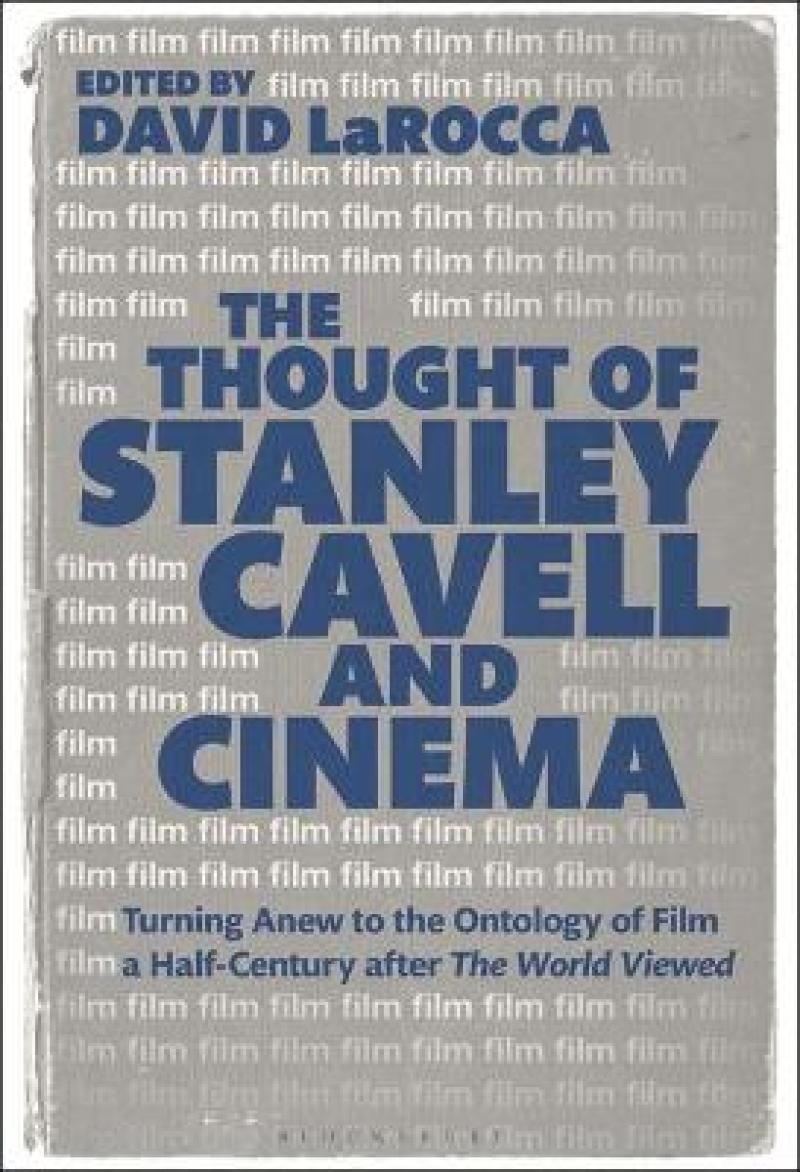[<i>The Thought of Stanley Cavell and Cinema</i>] will be valuable to those interested in philosophy, film studies, literature, and US culture. Summing Up: Highly recommended. Lower-division undergraduates through faculty; general readers.
CHOICE
Stanley Cavell argued that film exists in a state of philosophy. Part of what he meant by this was that thinking about a film is a way of doing philosophy. That has been his influential and most controversial claim. The authors in this collection explore what he might have meant in ways more variegated, thoughtful, original and illuminating than anything I have seen before. <i>The Thought of Stanley Cavell and Cinema</i>, exemplary in its clarity and carefulness, is a watershed both in our understanding of Cavell and of film itself.
Robert Pippin, Evelyn Stefansson Nef Distinguished Service Professor, University of Chicago, USA
A brilliant collection of original essays by major figures in the field. The genius of Cavell's writings on film is in sharp focus throughout -- likewise the continued provocation of <i>The World Viewed </i>and its successor books and essays.
Michael Fried, J. R. Herbert Boone Emeritus Professor of Humanities and the History of Art, Johns Hopkins University, USA
Preface: Stanley Cavell and Cinema
Thomas Elsaesser, University of Amsterdam, The Netherlands
Introduction: Philosophy’s Claim to Film, Film’s Claim to Philosophy
David LaRocca, Cornell University, USA
Part I. Underwriting and Overhearing: Reconceiving Cinematic Ontology and Genre
1. “Assertions in Technique”: Tracking the Medial “Thread” in Cavell’s Filmic Ontology
Garrett Stewart, University of Iowa, USA
2. Revisiting The World Viewed
Noël Carroll, Graduate Center of the City University of New York, USA
3. The World Heard
Kyle Stevens, Appalachian State University, USA
4. What a Genre of Film Might Be: Medium, Myth, and Morality
Stephen Mulhall, New College, Oxford University, UK
Part II. Interlude: Temperaments for Film
5. My Troubled Relationship with Stanley Cavell: In Pursuit of a Truly Cinematic Conversation
Scott MacDonald, Hamilton College, USA
6. Film as Film and the Personal
William Rothman, University of Miami, USA
Part III. Philosophy, as if Made for Film
7. Between Skepticism and Perfectionism: On Cavell’s Melodrama of the Unknown Woman
Robert Sinnerbrink, Macquarie University, Australia
8. Overcoming Skepticism in Casablanca
Thomas E. Wartenberg, Mount Holyoke College, USA
9. A Skeptic’s Reprieve: Cavell on Comedy in Shakespeare and the Movies
Lawrence F. Rhu, University of South Carolina, USA
Part IV. Film, as if Made for Philosophy
10. Film Exists in a State of Philosophy: Two Contemporary Cavellian Views
Shawn Loht, Baton Rouge Community College, USA
11. The Conception of Film for the Subject of Television: Moral Education of the Public and a Return to an Aesthetics of the Ordinary
Sandra Laugier, Université Paris 1 Panthéon Sorbonne, France
12. On Film in Reality: Cavellian Reflections on Skepticism, Belief, and Documentary
Mathew Abbott, Federation University, Australia
13. On the Aesthetics of Amateur Filmmaking in Narrative Cinema: Negotiating Home Movies after Adam’s Rib
David LaRocca, Cornell University, USA
Acknowledgements
Index
Contributors
